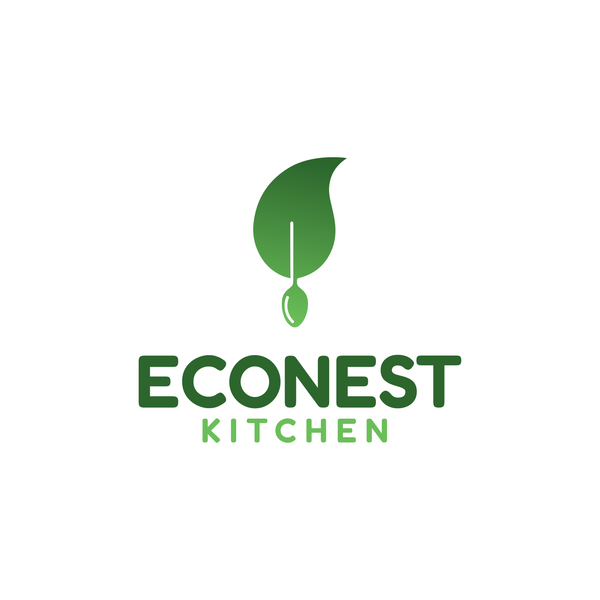In today’s fight against climate change, every small action matters. Did you know that the utensils and tools we use in our kitchens can significantly contribute to greenhouse gas emissions? It’s time to rethink our habits and take simple, impactful steps towards a sustainable future, starting right where we cook, create, and share meals — our kitchens.
The Environmental Cost of Traditional Kitchen Utensils
Traditional kitchen utensils often contain materials like plastic, which is derived from fossil fuels. These plastics not only require energy-intensive production processes but also take hundreds of years to decompose, releasing harmful microplastics and greenhouse gases as they degrade. Even metal utensils, if not sustainably sourced, have a significant carbon footprint due to mining and manufacturing.
When we choose products made from non-biodegradable materials, we inadvertently contribute to the growing problem of landfill waste and pollution. Every spoon, spatula, or food storage container made from conventional materials adds to this global crisis.
A Greener Alternative: Eco-Friendly Kitchen Utensils
Switching to sustainable kitchen utensils is an easy yet powerful way to reduce your household’s environmental impact. At EcoNest Kitchen, we are dedicated to helping you make this shift seamlessly. Our range of utensils and tools is crafted from biodegradable, compostable, and sustainably sourced materials like bamboo, recycled stainless steel, and natural fibres.
These products are not only kind to the environment but also durable, stylish, and safe for your family. By choosing eco-friendly alternatives, you’re reducing the demand for harmful materials and supporting sustainable production practices.
Aligning with EcoNest Kitchen’s Mission
At EcoNest Kitchen, our mission is to make eco-conscious living accessible and convenient for everyone. We believe that sustainability starts with small, intentional decisions in everyday life. By rethinking the items we use daily, like utensils and storage containers, we can collectively reduce greenhouse gas emissions and promote a healthier planet for future generations.
Our curated collection includes:
* Reusable Food Storage Bags: Replace single-use plastics with sturdy, washable options.
* Bamboo Utensils: Lightweight, biodegradable, and aesthetically pleasing.
* Compostable Kitchen Sponges: Gentle on the planet and tough on grime.
* Stainless Steel Straws: A chic and durable alternative to plastic.
Each product is carefully selected to meet high standards of sustainability, functionality, and design. When you shop with us, you’re not just purchasing a product; you’re investing in a better future.
Your Role in Reducing Emissions
Transitioning to sustainable kitchen tools is a step toward creating a greener home and reducing your carbon footprint. By making mindful choices, you can:
* Decrease the amount of waste sent to landfills.
* Lower greenhouse gas emissions from production and disposal processes.
* Inspire others to adopt eco-friendly habits, amplifying the impact.
It’s a ripple effect — one sustainable decision leads to another, creating lasting change for the planet.
Join Us on the Journey
At EcoNest Kitchen, we’re more than just a store; we’re a community of like-minded individuals striving to make the world a cleaner, greener place. By choosing eco-friendly utensils, you’re taking an essential step toward reducing greenhouse gas emissions and creating a sustainable lifestyle.
Let’s work together to turn our kitchens into hubs of sustainability and innovation. Visit EcoNest Kitchen today and explore our range of eco-friendly kitchen essentials. Every choice counts, and together, we can make a difference.
Small changes in your kitchen can lead to a big impact on our planet. Let’s start today!

